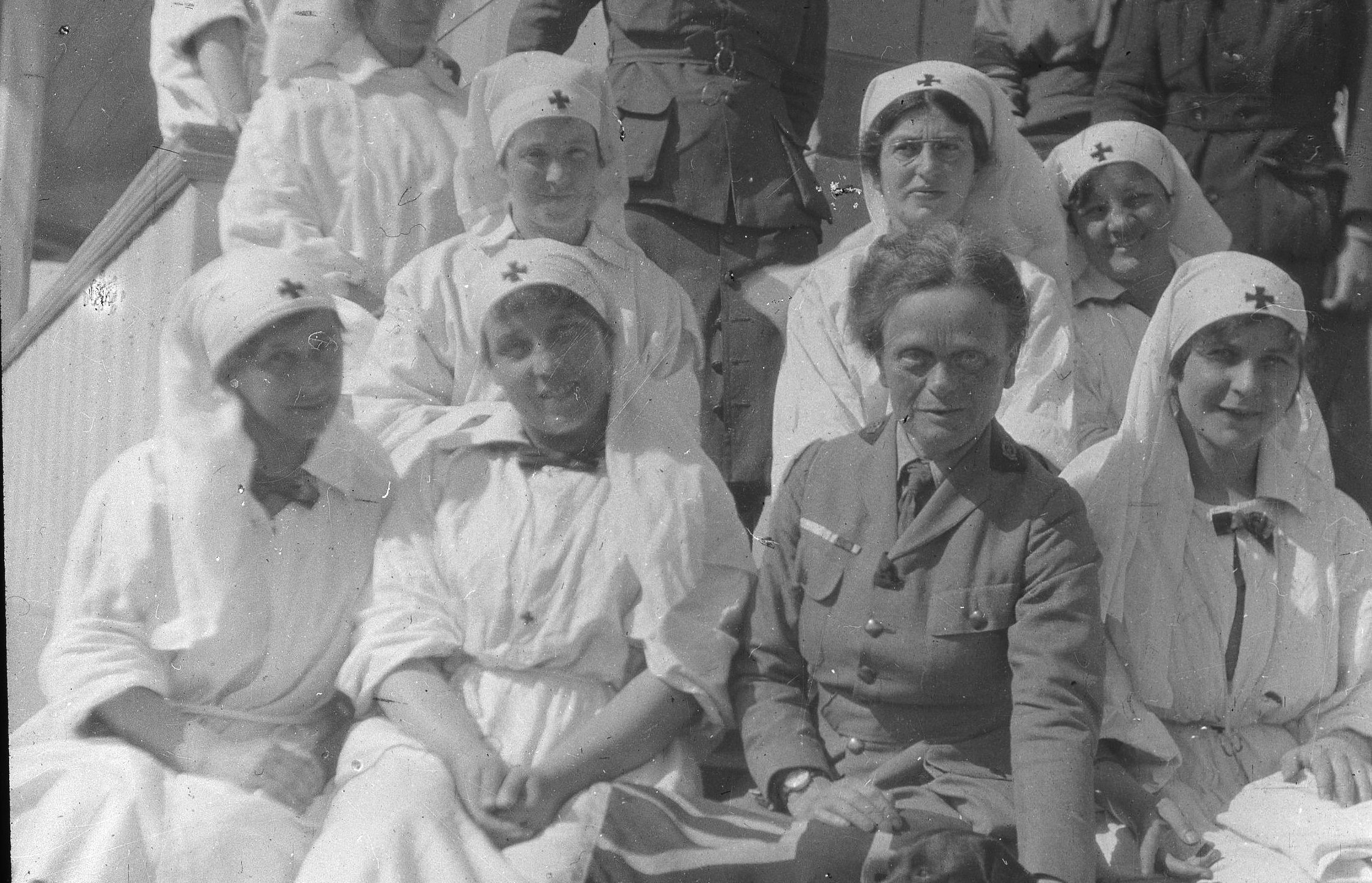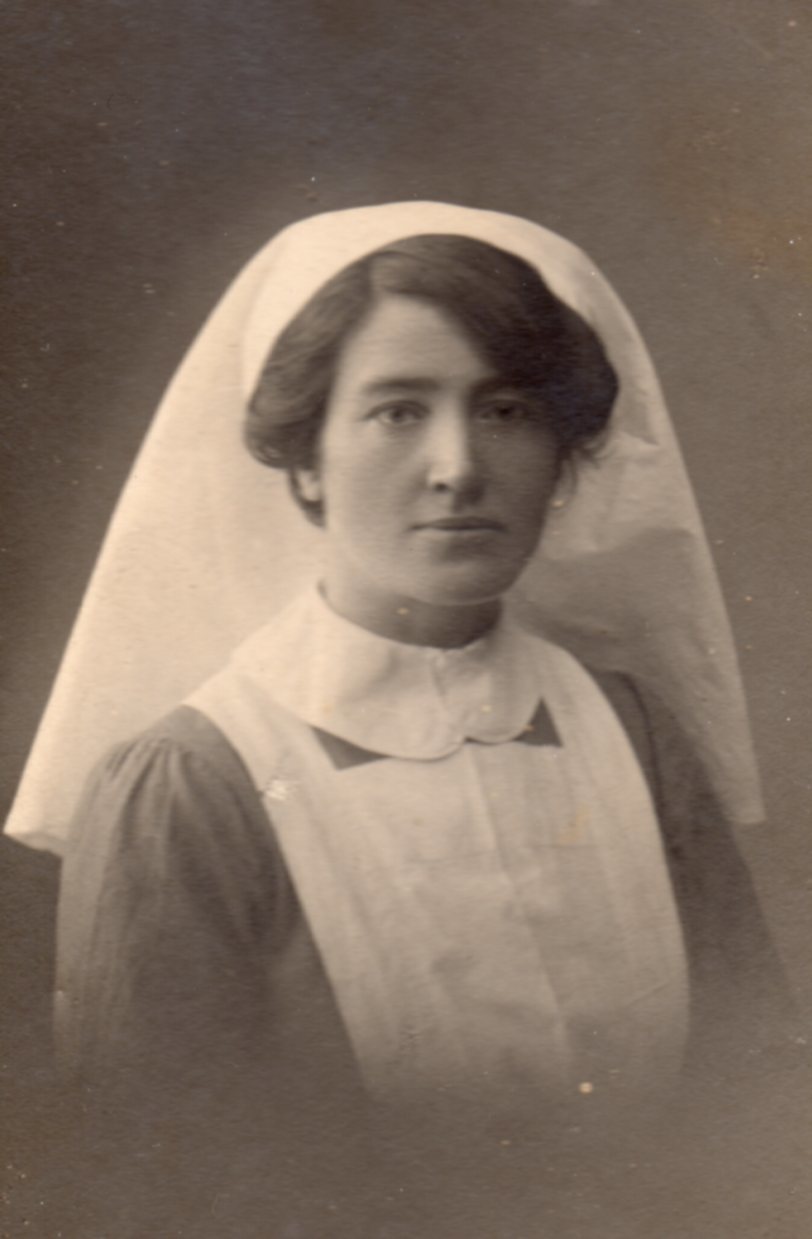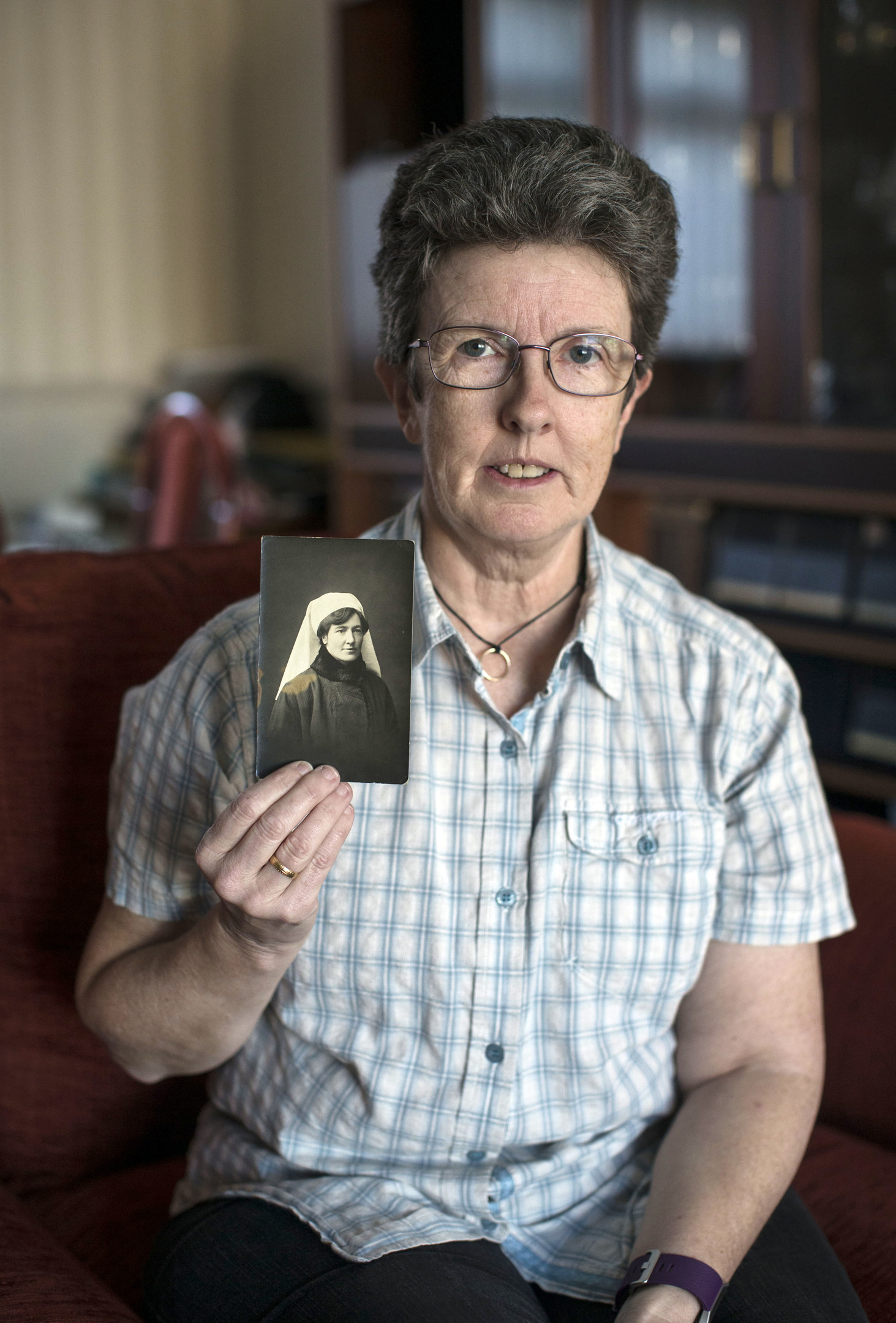
THEY were the unheralded heroes of the Great War but, at last, will be remembered today.
Under the banner of the Scottish Women’s Hospitals For Foreign Service, they travelled abroad to treat the injured, soldiers and civilians, amid the horrors of war.
It’s only in recent times that the courageous exploits of these fearless nurses and doctors have gained attention but even now the extent of their wartime efforts are overlooked.
Today, on the centenary of her death, there will be a private ceremony at the Edinburgh grave of Dr Elsie Inglis, who led the movement, followed by a larger ceremony at St Giles Cathedral on Wednesday, 100 years to the day since her funeral was held there. HRH The Princess Royal and First Minister Nicola Sturgeon will be in attendance at St Giles.
Also at Wednesday’s service will be Janey Smith, from Falkirk, whose great aunt, Margaret Crowe, was at the forefront in Serbia and Russia during the war.
Aunt Meg, as she is affectionately known in the family, was one of almost 1500 women who operated out of 17 SWH facilities set up across France, Corsica, Greece, Macedonia, Romania and Serbia.
Female doctors and surgeons weren’t permitted to serve in frontline hospitals, so Dr Inglis offered her services to Britain’s allies. She formed the SWH and, with her colleagues and associates from the suffragist movement, raised the equivalent of £53m in today’s money to buy equipment and get their stations to the frontline.
Janey has great memories of her Aunt Meg, describing her as a “Mary Poppins figure” and a “special woman”.
“I was 14 when she died in 1973, aged 90, so I have many memories of her,” she said. “She dedicated herself to nursing, so never married or had kids, but she adored children and would always help out with the family.
“I remember her looking after me and my older brother when she was in her eighties, but she always made it interesting. We were never bored.
“She was mugged in her 80s but the thief picked the wrong person, because she had the strength of 10 men, even though there was nothing to her. She held on to her handbag and walloped him with it. When she got home she was a bit dishevelled, but she still had all of her belongings.”
It was that strength and determination that served her well when she took up the call from the suffrage movement to help out in Serbia.
“Aunt Meg had originally planned to be a teacher, but instead became a nurse,” Janey continued. “She worked at Falkirk Hospital before becoming the on-site nurse at the nearby Nobel Explosives Factory, where they made detonators.
“Then the call came for Serbia. She left in February 1915 and didn’t come home until Christmas Eve.”
Meg was part of a contingent of 40 from the SWH who accompanied the Serbian Army on their long and treacherous retreat through Albania.
In one harrowing incident, she was riding in a motor ambulance when it went over a steep embankment.
Fellow nurse Caroline Toughill sustained a fractured skull and Meg helped care for her in the few days before she passed away. Meg believed she was only saved from a similar fate thanks to her extraordinarily long and thick hair, which absorbed the shock.
“Apart from the routine trimming of split ends, she never had a hair cut in her life,” Janey explained.
After just a few months back home, Meg travelled to Russia, where she treated soldiers and vaccinated hundreds of locals amid the smallpox epidemic.
“She could have said she had done her bit but she went to Russia for two years, missing her sister’s wedding.”
When she came back to Scotland, she returned to work in the explosives factory, where she remained until retiring in 1943.
“She kept very active – running am-dram groups, choirs, fundraising.
“My mum nursed her at the end and her last words were ‘thank you’ in Russian. She learned Russian over there and would occasionally say a word or phrase or two.
“She was a terrific woman, one of a kind, and it was a privilege to have her in the family.”

Enjoy the convenience of having The Sunday Post delivered as a digital ePaper straight to your smartphone, tablet or computer.
Subscribe for only £5.49 a month and enjoy all the benefits of the printed paper as a digital replica.
Subscribe
